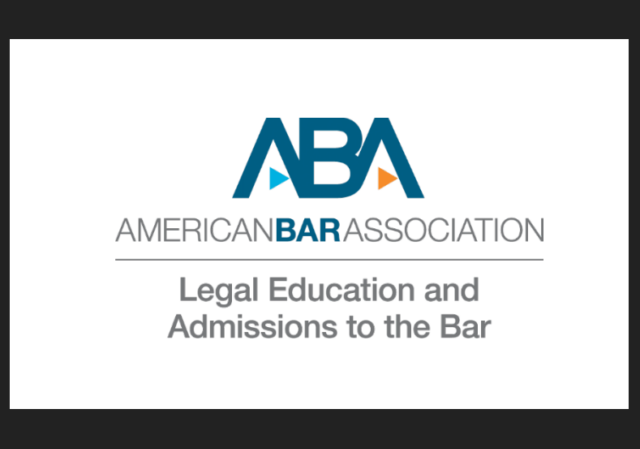Law Professor Calls For Elimination Of Bar Exam Requirement After Latest Results Show Large Racial Gap

Many colleges in the country are starting to eliminate standardized testing requirements for admission. Law schools might follow.
The logic behind this is the idea that if some racial groups don’t do as well on the Bar Exam, there must be something wrong with the exam.
Ayanna Alexander reports at Bloomberg Law:
Racial Gaps in Bar Passage Force Reckoning With Legal EducationPaving a path for minority lawyer candidates needs to start well before law school to tackle long-standing racial disparities, attorneys said.“The pipeline begins with the legal profession playing a role in addressing inequality in the education system—K through 12,” said Dayna Bowen Matthew, dean and Harold H. Green professor of law at the George Washington University Law School.The law profession, still struggling to diversify its ranks, faces new data showing significant gaps between White law graduates and minority law graduates—most notably, at the bar level. An ABA survey, released Tuesday, found that White law school graduates were more likely to pass the bar exam than test takers from other racial and ethnic groups in 2020…“The most important thing that the ABA can do is to unequivocally support alternative paths to licensure through supervised practice, clinical or experiential education or a program like the Lawyers Justice Corps,” Marsha Griggs, associate law professor and director of academic support and bar passage at Washburn University School of Law, said in an email. “If the bar exam is a known impediment to access to the legal profession, it is beyond time that our accrediting bodies recognize alternative measures of professional competence.”
Back in March, the ABA Journal reported that some states were trying to make the Bar easier to pass:
Several states consider lowering cut scores on bar exam, making it easier to passRhode Island has followed California’s lead in lowering the bar exam cut score to make the test easier to pass, a step that several other states are also considering.The Rhode Island Supreme Court lowered the score needed to pass the bar exam from 276 to 270 and made the change retroactive to the February 2021 exam, Bloomberg Law reports. The court said in its March 25 order that it was following the recommendation of the state’s board of bar examiners…Rhode Island’s move followed decisions by several other states to temporarily lower cut scores for the October 2020 exam. They are Washington, Oregon, North Carolina and Hawaii, according to Bloomberg Law. The states cited the COVID-19 pandemic as the reason. All except Oregon extended the lower cut scores through the February 2021 exam, and Washington said it was extending the lower score at least through July.
Last week, the ABA Journal published data showing 2020 Bar Exam pass rates by race:
New ABA data parses out bar exam pass rates by race and ethnicityAccording to data released Tuesday by the American Bar Association’s Section of Legal Education and Admissions to the Bar, 87.65% of the white candidates who took a bar exam for the first time in 2020 passed. For people of other races or ethnicities, the first-time pass rate ranged from 66.28% to 79.92%.According to the data, in 2020 there were 19,453 first-time test-takers who were white. Among other first-time test-takers:- The pass rate for Asians was 79.92% out of a total of 1,972 candidates.- The pass rate for Native Americans was 78.02% out of a total of 182 candidates.- The pass rate for Hawaiians was 77.5% out of a total of 40 candidates.- The pass rate for Hispanics was 75.59% out of a total of 3,638 candidates.- The pass rate for Blacks was 66.28% out of a total of 2,328 candidates.Additionally, the data said the pass rate for a total of 1,020 first-time test-takers of mixed race was 81.76%. There were 182 test-takers who were nonresidents of the U.S., and their pass rate was 86.34%.
I am no legal scholar, but instead of doing away with the Bar Exam, wouldn’t it make more sense to focus on getting better instruction and additional help to those who need it to pass?
CLICK HERE FOR FULL VERSION OF THIS STORY